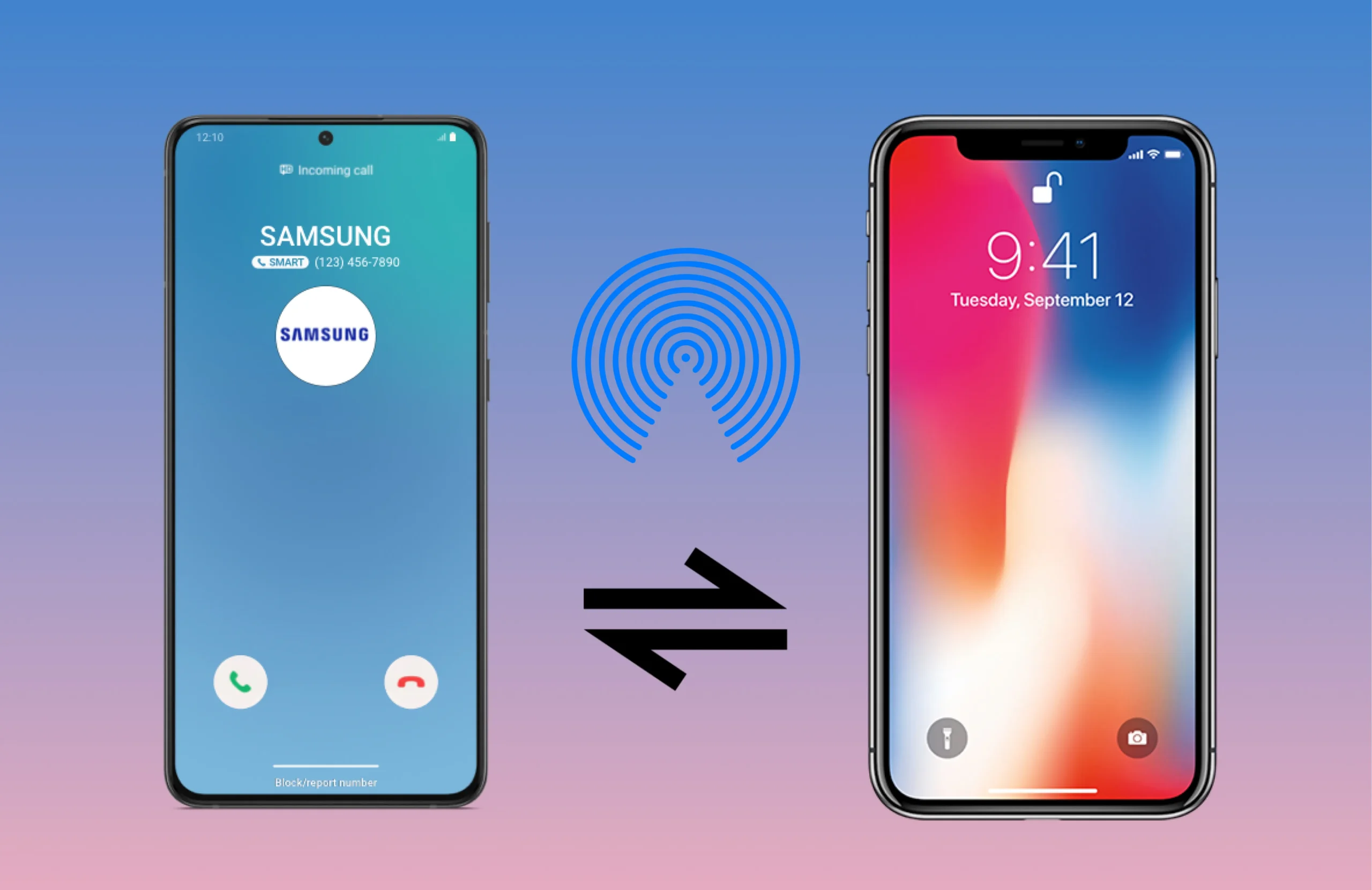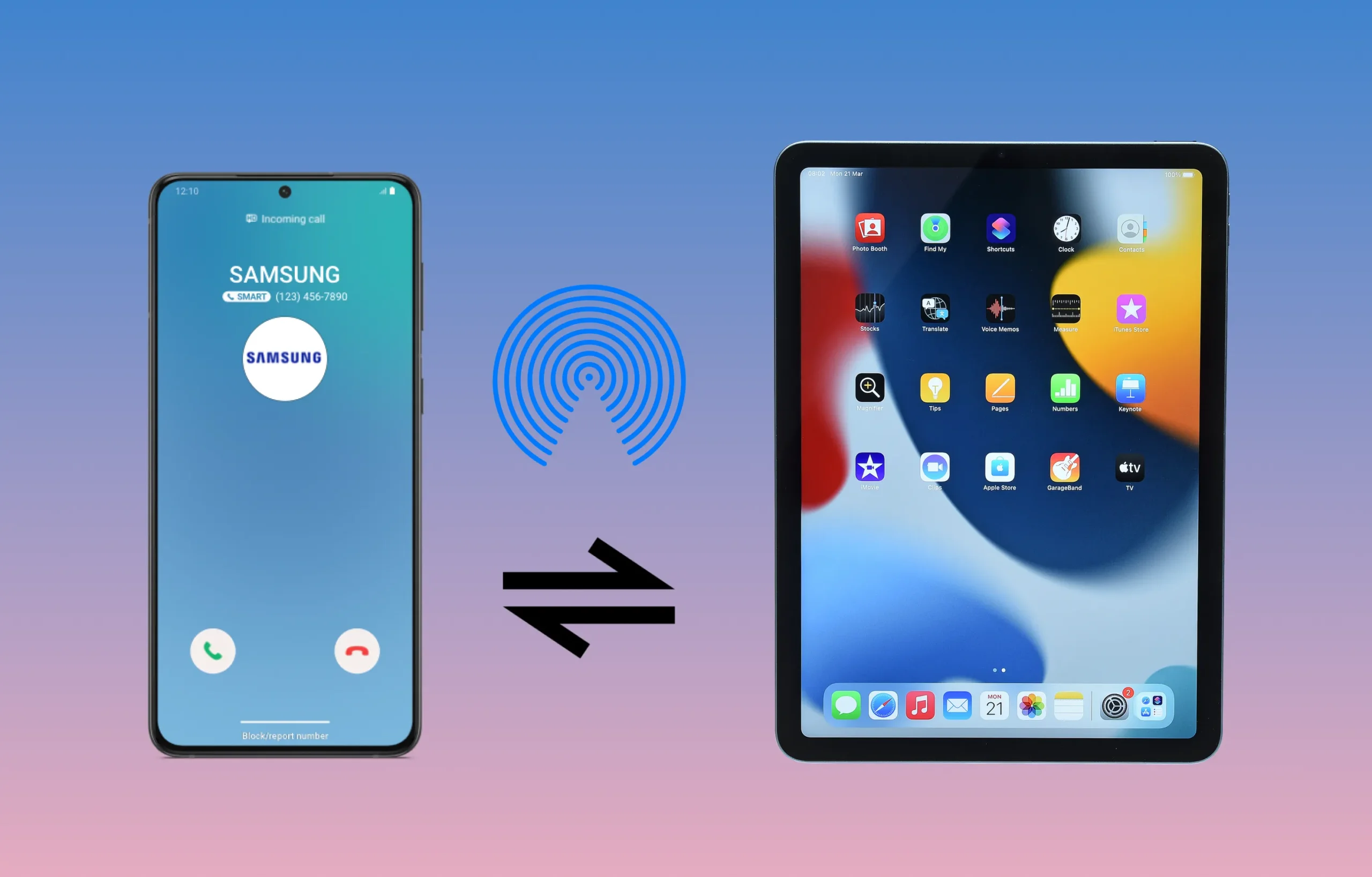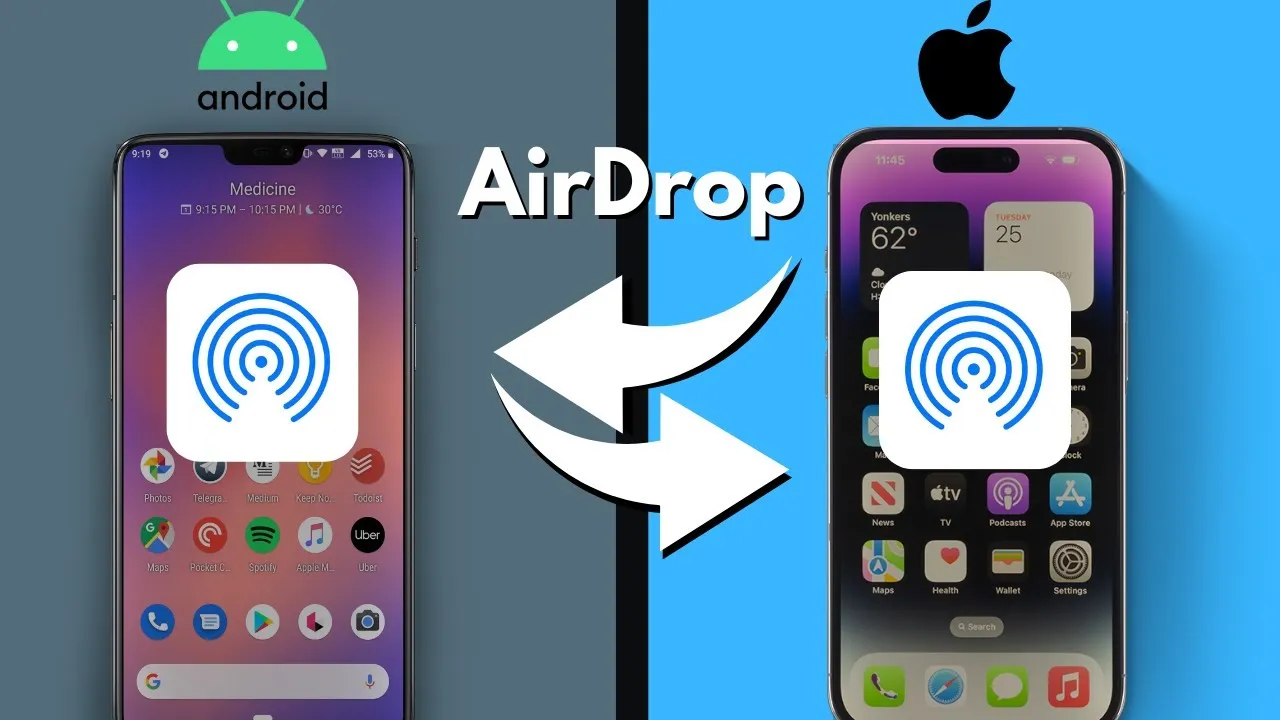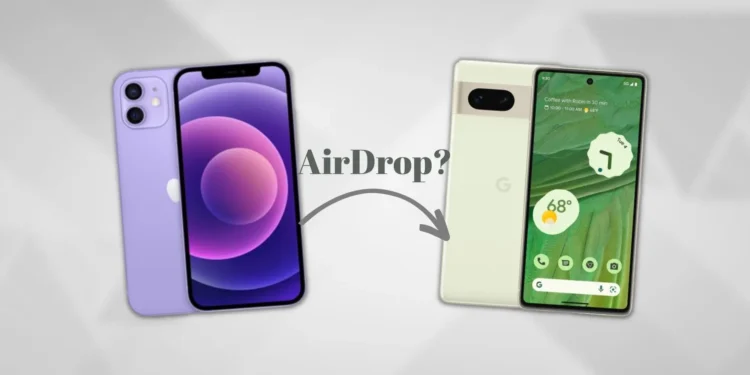In an unprecedented move, the European Union is poised to revolutionize how devices communicate across different operating systems, potentially changing the dynamics of how Apple’s services integrate with non-Apple devices like Samsung smartphones. Known for its seamless cross-platform experience within its own ecosystem, Apple may soon have to extend this capability to Android devices, following the EU’s latest interoperability proposal.

Unpacking the EU’s Interoperability Proposal
The proposal, as detailed by TheVerge, suggests comprehensive changes that Apple and associated third parties would need to implement. These include enhancements in three critical areas: interactivity features, data transfer capabilities, and device setup and configuration processes.
Enhanced Features for Improved Interactivity and Usability
The EU’s focus is not just on improving basic functionalities but enriching the user experience with advanced features such as:
- iOS notifications with background execution
- Automatic audio switching for a smooth multimedia experience
Revolutionizing Data Transfers
At the heart of the data transfer enhancement is the push for high-bandwidth peer-to-peer Wi-Fi connections. The proposal highlights key features such as:
- AirDrop and AirPlay
- Close-range wireless file transfer services
- Media casting capabilities
These features aim to provide a robust framework for transferring content efficiently across various devices, irrespective of the operating system.

Streamlining Device Setup and Configuration
The proposal also outlines improvements in the setup and configuration of new devices through:
- Proximity-triggered pairing
- Automatic Wi-Fi connections
- Enhanced NFC controller functionality in Reader/Writer mode
AirDrop: A New Frontier for Android Compatibility
The spotlight of the EU’s mandate is on AirDrop, Apple’s acclaimed feature that allows for seamless file sharing among iOS devices. The EU’s directive is clear: “Apple shall provide effective interoperability with the AirDrop feature.” This would require Apple to allow third-party Android devices, like those from Samsung, to use the AirDrop API effectively.
Moreover, the EU demands that any updates to AirDrop be simultaneously accessible to third parties, facilitating a seamless integration from the get-go. This could mean that in the near future, Samsung phone users could enjoy the same swift file-sharing capabilities currently exclusive to users within the Apple ecosystem.
Implementation Timeline and Future Prospects
The EU has set a firm deadline for these changes, mandating that Apple implement these interoperability measures by the next major iOS release or, at the latest, by the end of 2025. This bold step could pave the way for a more inclusive technology landscape where the barrier between different operating systems becomes less restrictive, offering a more unified user experience.

In conclusion, as we edge closer to 2025, the tech world eagerly watches as these proposed changes could usher in a new era of device interoperability, spearheaded by the EU’s innovative vision. This development not only promises to enhance the functionality of devices across different platforms but also marks a significant shift in how technology giants like Apple design their products for a more connected world.










